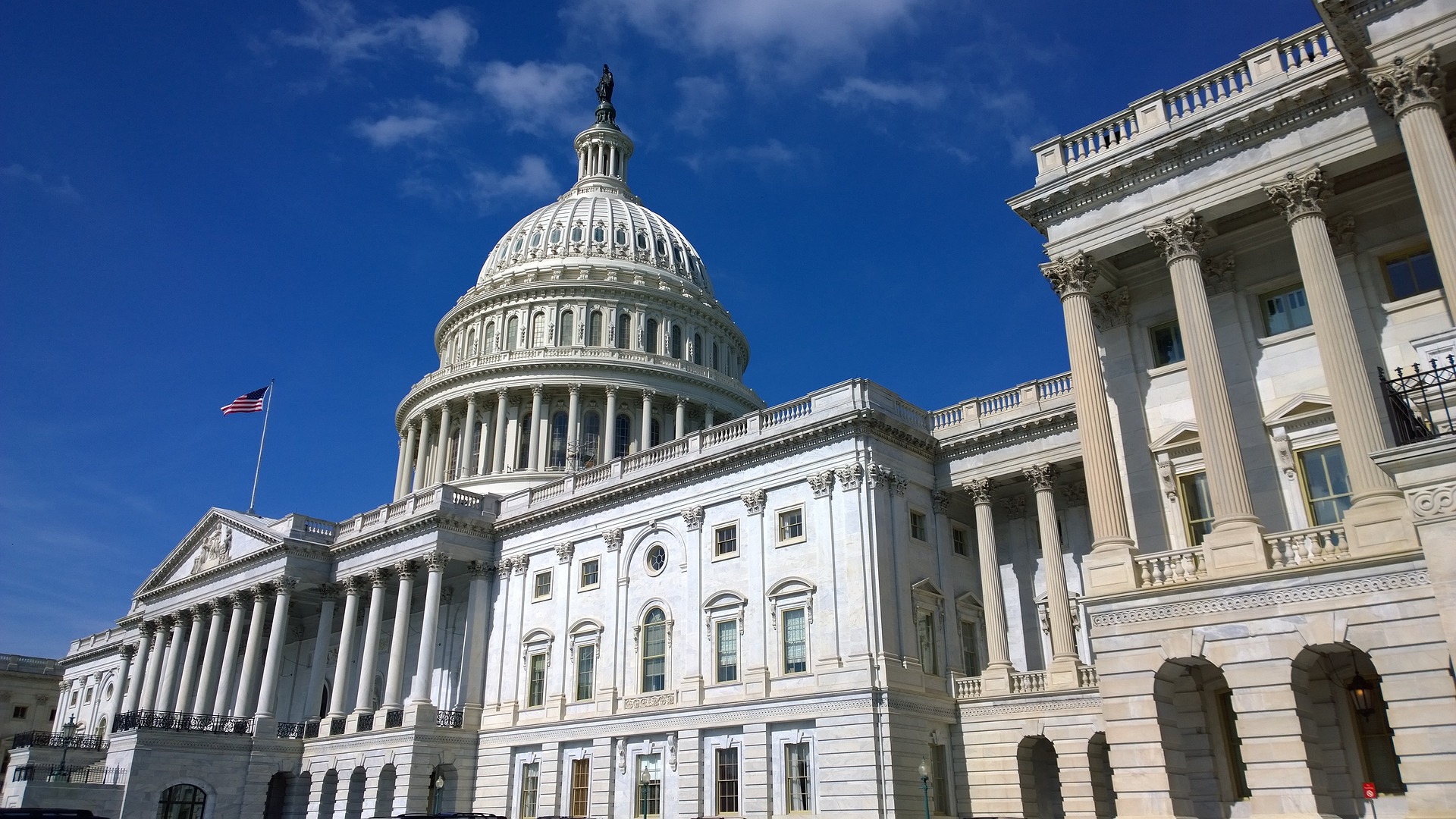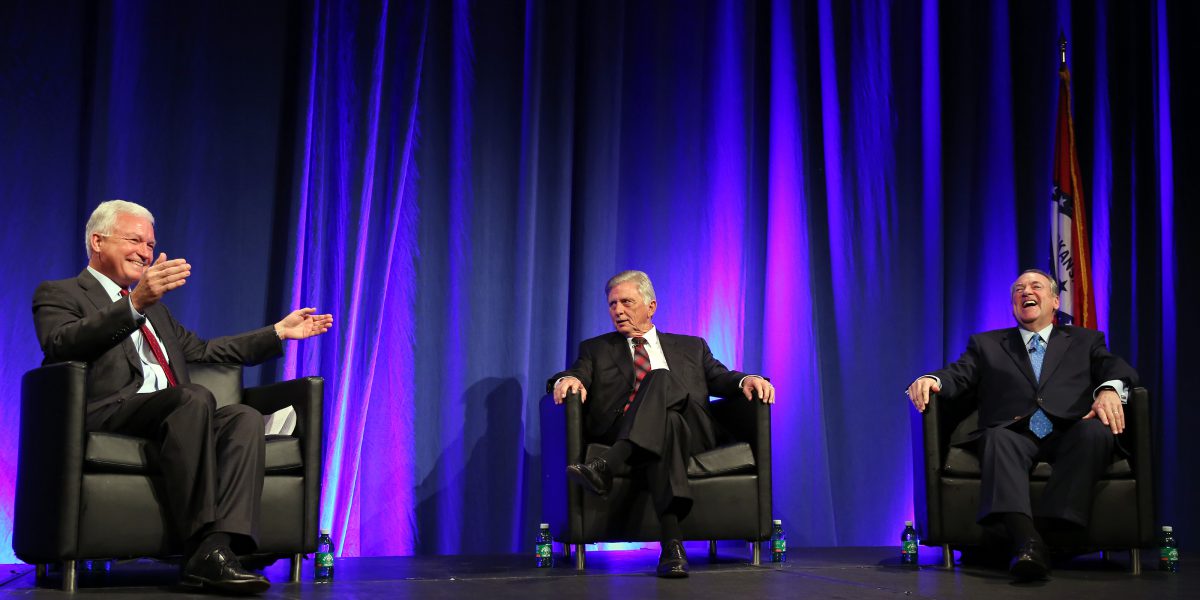
Federal policymakers on both sides of the political aisle are united in saying they want to address a hot topic in health care: surprise medical billing. Lawmakers are at odds over what approach to take, however, with several different proposals competing for support.
Surprise medical billing occurs when a patient is billed for a service received from a healthcare provider outside of his or her insurer’s network. Typically the patient learns only after receiving a service that the provider was out of network and therefore the patient is on the hook for a larger portion of the cost than expected, or possibly the entire cost. See our explainer for a more detailed exploration of this issue.
Surprise medical billing is a serious problem. A 2018 Kaiser Family Foundation poll found that 39% of patients had received a surprise medical bill in the previous 12 months. The survey also found that 67% of Americans were “somewhat worried” or “very worried” about being able to afford unexpected medical bills.
The various congressional proposals on surprise medical billing largely fall on one of two sides. Some would establish regional reimbursement benchmarks for services performed by out-of-network providers. Others would create an arbitration process. In the latter approach, the payer, typically an insurance company, and the healthcare provider would each name what they believe is a fair price, and a third party would decide what is reasonable. Payers’ organizations largely support the benchmark approach, and providers’ organizations largely favor the arbitration approach.
See this blog post from June for a discussion of one of the proposals, the Lower Health Care Costs Act of 2019.
As debate continues in Washington, the issue is receiving heightened attention from the news media. “CBS This Morning” launched a series of reports this week on surprise medical billing, “Medical Price Roulette,” with the first two installments airing Monday and Tuesday. Kaiser Health News and NPR have been reporting jointly on the topic since last year in a monthly series titled “Bill of the Month.” A USA Today editorial published Monday called surprise medical billing a “scam” and said it “ought to be outlawed by Congress.”






